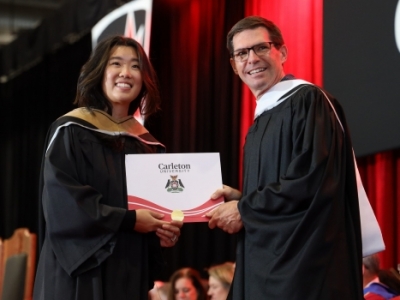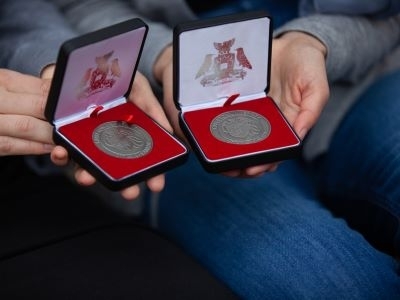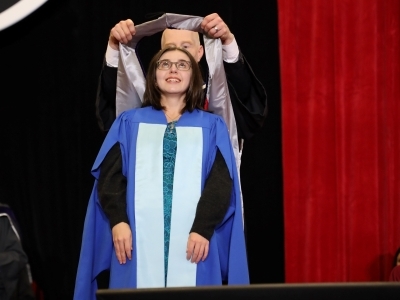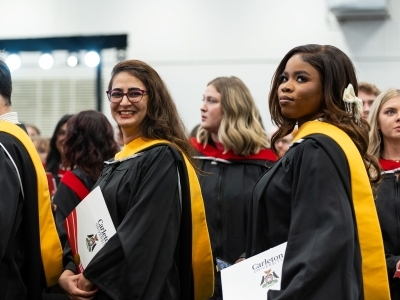For individuals living in developing countries, performing a standard blood test is not always an easy task.
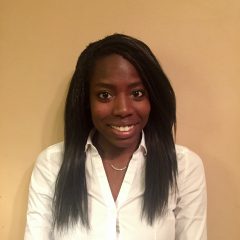 This is part of the reason why Carleton student Yasmina Souley Dosso has conducted research on and is now developing an app able to detect anemia – a condition which is marked by a deficiency of red blood cells in the blood, resulting in weariness.
This is part of the reason why Carleton student Yasmina Souley Dosso has conducted research on and is now developing an app able to detect anemia – a condition which is marked by a deficiency of red blood cells in the blood, resulting in weariness.
Dosso chose to work on this research because anemia is a fairly common condition, so her app would be useful to a large group of people.
“I have a wide entourage of people who have anemia, and I know how going to the clinic to get a blood test comes with long wait times, some are afraid of needles, and others have to get checked very frequently,” said Dosso.
“I figured that an easier and simpler way to bypass this process could be ideal.”
Users of the app place their finger on the front facing camera on their smartphone, which then takes a series of photos which are analyzed by machine learning algorithms.
An estimation of the hemoglobin concentration (a hemoglobin is a protein molecule that plays an important role in maintaining the shape of the red blood cells) is then provided to the user who can efficiently monitor their health status in the comfort of their own home.
This application could be used by anyone across the world, even for those who don’t think they have anemia.
“If someone has ever felt fatigued, extremely tired, or has frequent headaches and pale skin, this is a great way to check your hemoglobin level as a fast, cheap, and easily accessible preventive tool,” explained Dosso.
In the app’s current form, a blood test is still needed and then the app is used as a monitoring tool.
In the future, Dosso hopes to reach a point in which the app will be just as reliable as a blood test.
Dosso is a master’s student in the Systems and Computer Engineering program.
“Having a BSc. in Biology and a B.Math in Statistics, I wanted to find a good combination of both degrees to further my skills in both fields, which is why I chose to do a MASc in Biomedical Engineering where my research is more focused on image processing and mobile health,” said Dosso.
Dosso appreciates the multidisciplinary nature of the program, because this means that many different expertises can have an impact in the development of a project.

Prof. James R. Green
Dosso is supervised by Dr. James R. Green, and she has taken two of his courses where she learned a great amount in biomedical engineering, machine learning and pattern classification.
“I believe it is very important to have a supportive and understanding supervisor to help you accomplish more and more during your degree, which is why I was able to be involved in so many projects only in my first year, all thanks to him,” said Dosso.
Dosso participated in the Carleton University 3MT competition this year, where she spoke about this research.
Her main goal in participating in the 3MT was to improve her communication and presentation skills.
“Having a panel of judges in front of you and a strict three minute timer forces you to deliver your message in a fast and concise manner. I would say that I was able to accomplish that much during 3MT and therefore reached my goal doing so,” said Dosso.
“It was a great experience overall, and I would definitely do it again next year.”
For the next year, Dosso will be concentrating on her thesis, where she will be developing an algorithm able to capture any changes in vital signs and movements of newborns in the Intensive Care Unit by means of a camera as a patient monitoring tool.
Wednesday, June 7, 2017 in Grad Student Research, News
Share: Twitter, Facebook
